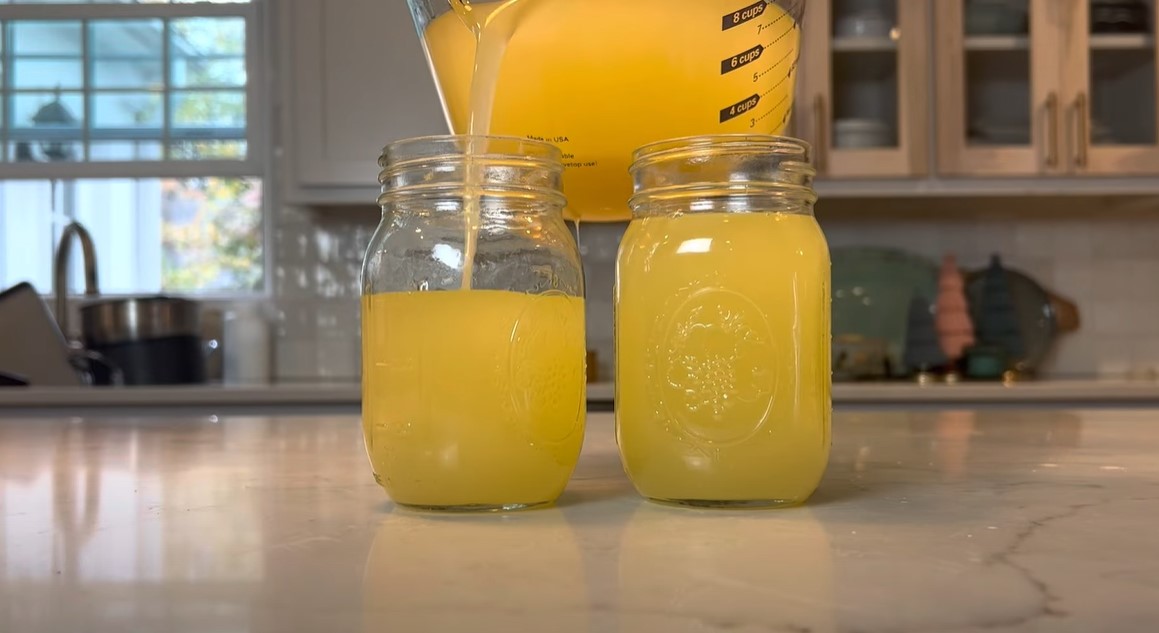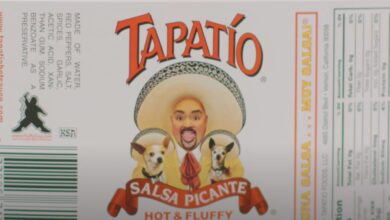Beef Tallow Nutrition Facts
Exploring Beef Tallow nutrition facts unveils a remarkable story of culinary history, nutrient density, and a potential powerhouse for your health. As we delve into this underestimated ingredient, you will be hooked by the fascinating insights and perhaps reconsider its place in your kitchen. This compelling read will challenge what you thought you knew about fats.
Beef Tallow Nutrition Facts have long sparked the interest of chefs, nutritionists, and health enthusiasts alike. Steeped in tradition and rich in flavor, beef tallow has found its way back into modern kitchens with a fresh perspective. 🥩 Curious about what this age-old cooking fat brings to the table, taste and nutrition? Let’s dive deep into its fatty essence!
The Nutritional Lowdown
Beef tallow has been a beloved cooking fat for generations, and with good reason. Beyond its mouthwatering flavor, its nutritional profile stands out in a few key areas:
- Tallow nutrition facts reveal a makeup rich in healthy fats, particularly saturated fat. Beef tallow is approximately 50% saturated, which can benefit certain diets.
- Wondering about the calories in beef tallow? It’s a concentrated source of energy, like most fats, but offers unique benefits due to its fatty acid composition.
- The vitamins in beef tallow are particularly notable. Rich in vitamins A, D, E, and K, it offers a nutritional boost to dishes.

Comparisons and Choices
With so many cooking fats available, it’s essential to understand how beef tallow stacks up:
- When considering Beef Tallow vs. butter nutrition, tallow generally has a higher smoke point, making it better suited for high-heat cooking.
- For those on the carnivore diet, the debate between Beef Tallow vs. butter carnivore diet can boil down to personal preference and dietary needs. Both offer high-quality animal fats, but tallow is purely beef-derived.
- Grass-fed beef tallow nutrition facts indicate that this premium form of tallow is richer in conjugated linoleic acid and other beneficial nutrients.
Potential Benefits and Considerations
Any comprehensive discussion on beef tallow would be incomplete without addressing its potential benefits and considerations:
- Beef Tallow benefits include a high smoke point, making it one of the more stable cooking oils for frying and sautéing.
- Its rich conjugated linoleic acid content might offer protection against conditions like heart disease.
- However, one should also be aware of potential Beef Tallow side effects, such as allergies or intolerances, though these remain rare.
Nutritional Table
| Nutrient | Amount (per 100g) |
|---|---|
| Calories | 902 kcal |
| Total Fat | 100g |
| Saturated Fat | 50g |
| Trans Fat | 0g |
| Cholesterol | 109mg |
| Vitamin D | 7% Daily Value |
In conclusion, beef tallow is much more than just another cooking fat. Its rich history, diverse nutritional profile, and delicious flavor make it a fascinating subject for food lovers and health enthusiasts. As with all things, moderation remains key. The best approach is to integrate beef fat into a varied diet, balancing its intake with other fats and foods. By understanding its nutrition facts and potential benefits, we can make informed choices catering to our culinary and health needs. So, the next time you reach for a fat to cook with, consider giving beef tallow a whirl and relish the deep, savory notes it adds to dishes. Happy cooking! 🍳🥘
Read also;
Frequently Asked Questions
Is beef tallow healthy?
Beef fat can be a healthy addition to your diet when consumed in moderation, as it provides a source of essential fat-soluble vitamins and is stable for high-heat cooking. However, it is calorie-dense and high in saturated fat; balancing your intake with other healthy fats and nutrient-dense foods is necessary.
How is beef tallow made?
Beef tallow is made by rendering the fat Fatm beef, typically from the suet (the fat Surrounding the kidneys). The fat is Fatslowly heated to separate it from any connective tissue and impurities, and then it is strained and cooled to form a solid, creamy-white substance.
Can I use beef tallow for baking?
Yes, beef tallow can be used for baking, especially in recipes that call for solid fats like butter or shortening. It can add a rich, savory flavor to dishes and provides a flaky texture to pastries. However, remember that the taste of beef fat may be noticeable in some baked goods, so it might not be suitable for all recipes.
How should I store beef tallow?
Store beef fat in an airtight container in a cool, dark place like a pantry or cupboard. It can also be stored in the refrigerator for extended shelf life. Beef fat can last for several months or even a year when properly stored.






